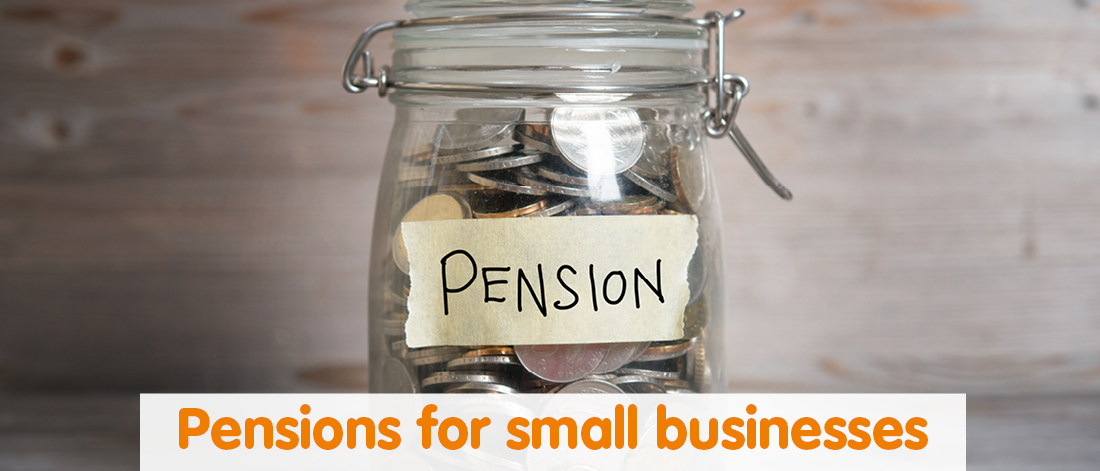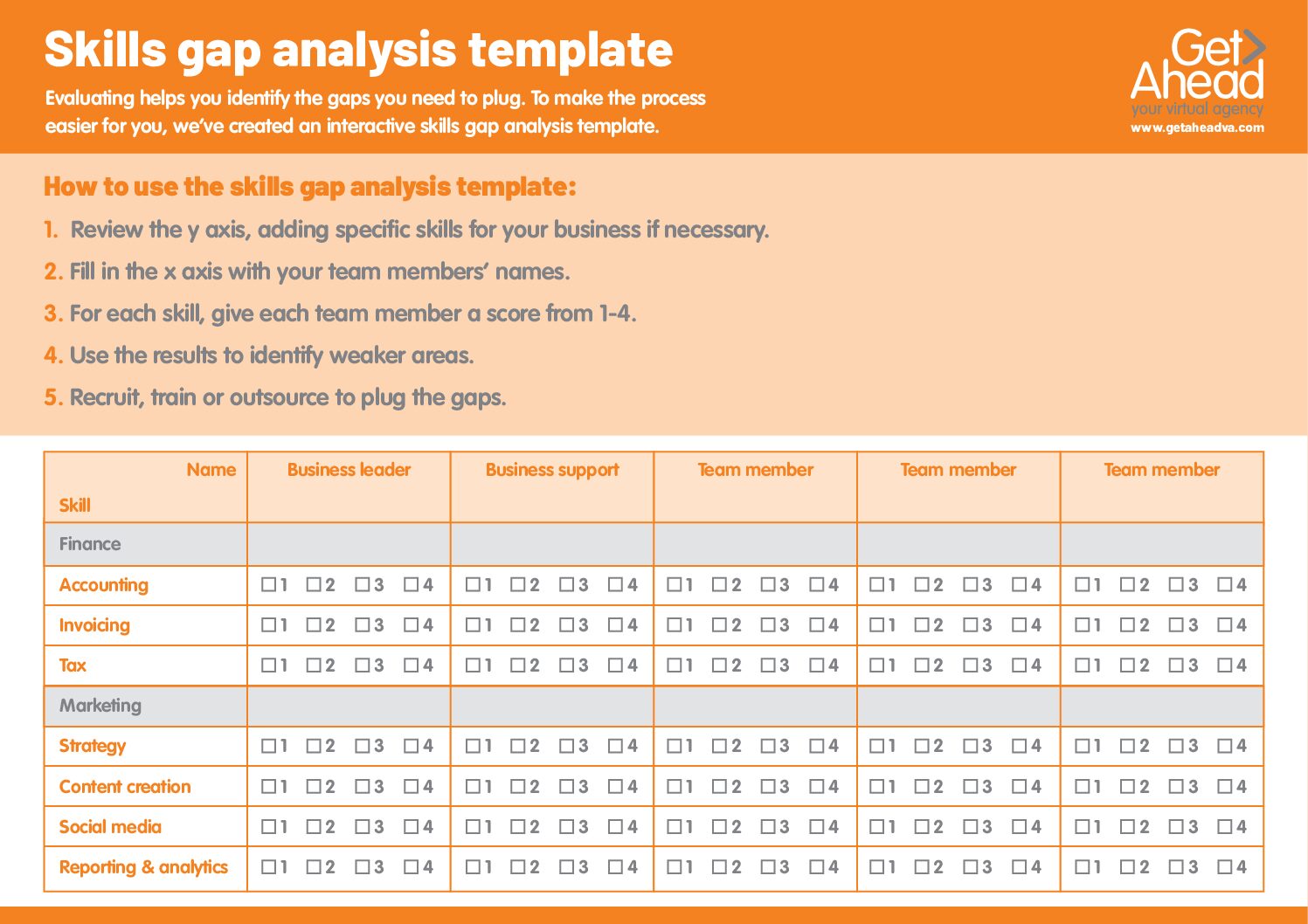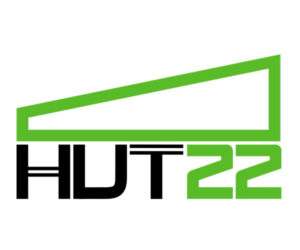Pensions for small businesses

Small business owners have all sorts of costs to think about, but quite often more immediate outlays like rent, stock and insurance can push your pension to the bottom of the list. In fact, according to the Money Advice Service, only 31% of self-employed people have a pension scheme in place.*
However, having a pension is vitally important, so today we’re bringing you some pointers about the types of pensions available for self-employed people and how to deal with pensions for your employees.†
Pensions for business owners
As a self-employed person, you will be entitled to a State Pension when you retire, if you have been paying National Insurance contributions (see gov.uk for more details). However, when you are employed, you will (usually automatically) make additional contributions to your pension through a scheme managed by your employer. It is these additional contributions that you will have to take into your own hands as a self-employed person.
There are three main types of ‘personal pension’ that you can set up to top up your savings for retirement:
- Ordinary personal pensions: These are pensions that you set up yourself with a pension provider, and you choose how much to pay in.
- Stakeholder pensions: These have certain limits on charges and give you flexibility with how much you pay in.
- Self-invested personal pensions: These give you more control over how your pension fund is invested.
A fourth pension option is NEST, which is the same as the workplace pension scheme into which all employees must now be enrolled. You can choose to enrol yourself in a NEST scheme as a self-employed person.
Pensions for employees
As of 2017/18, the rules regarding pensions for employees changed and it became a requirement for all employers, including small business owners, to provide their employees with a pension. This means that, if you are an employer, you need to arrange a workplace pension for all your employees, provided they:
- are aged between 22 and State Pension age
- earn at least £10,000/year
- work in the UK
You are expected to take your employees’ contributions from their pay each month and pay it into the pension scheme. You will also have to pay a minimum contribution to each employee’s pension fund. Currently the employer’s contribution is set at 3% of the employee’s qualifying earnings.
To find out more about your responsibilities as an employer regarding workplace pensions, visit gov.uk.
For expert advice about saving for retirement, talk to the Money Advice Service, consult gov.uk or seek advice from a financial advisor.
Do you need help with your business finances? Get Ahead VA offers accounting services through our team of experienced, professional virtual assistants, so you can rest assured that your accounts are in safe hands. To find out more, please get in touch on 01483 332220 or office@getaheadva.com. We pride ourselves on being the staff you don’t see, but the difference you do.
* https://www.moneyadviceservice.org.uk/en/articles/pensions-for-the-self-employed
† The information in this article is not intended to constitute financial
advice. Please seek advice from a professional before making any financial
decisions.








